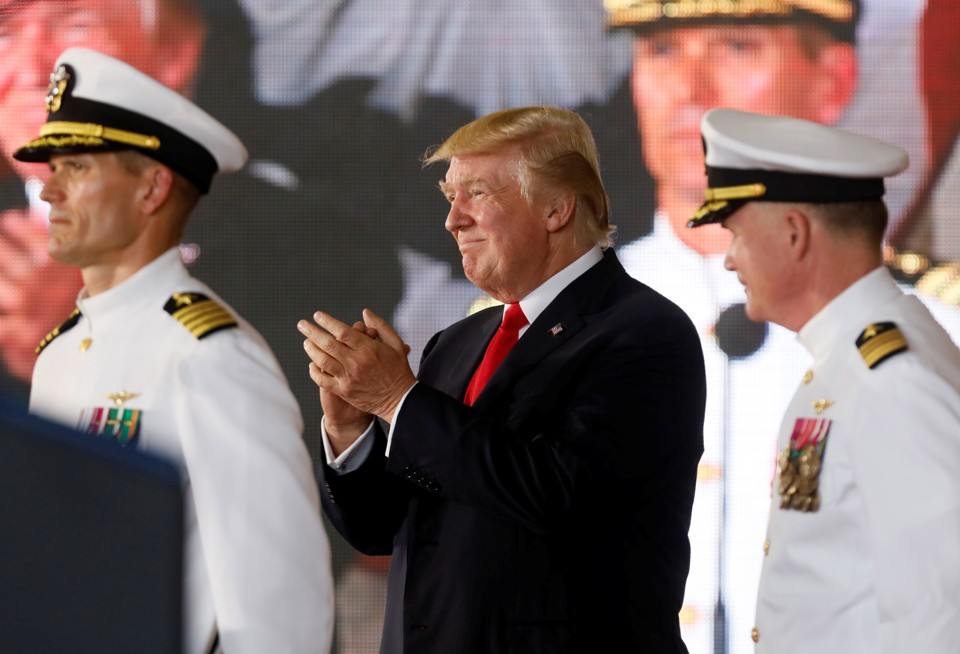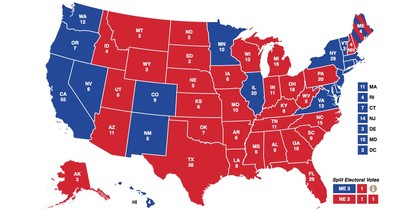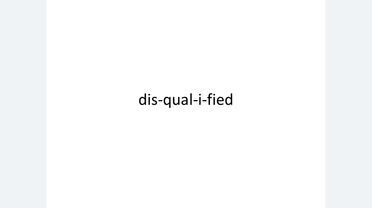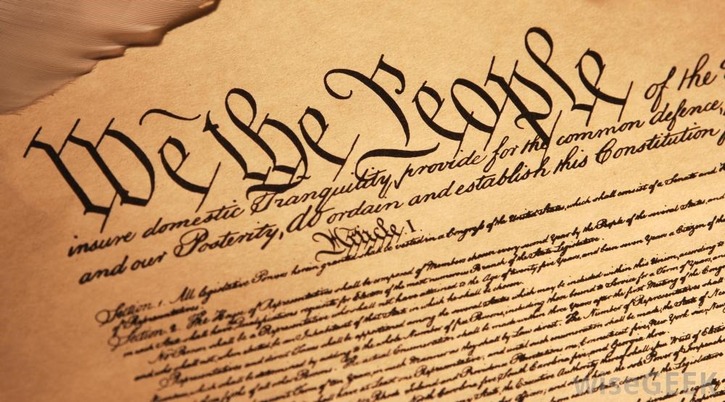
We know that the military has agency; that is, its leaders, officers, and enlisted members do not blindly following orders from the executive. In the lead up to the 2016 Presidential election, we saw influence by retired military officers attempting to advocate on behalf of candidates. Recently, we saw active duty officers attempt to lead and influence the Commander-in-Chief in the response after it was announced that transgender individuals would not be able to join the military and after the tragic violence in Charlottesville, VA.
Setting aside for the moment the agency of the military, one of the founding pieces of literature in the field of civil-military relations discussed the role of military in society, and amongst many other astute observations and analysis, identified military officers as "conservative." Huntington was referring to the conservative realism of the military, praising the highest virtue of military men as obedience. In the politically charged modern environment, the natural inclination is to assume that "conservative" has a partisan definition.
To this point, the military being viewed as conservative, and the military being able to make its own choices are two pieces of a tricky triangle. The final side to lay out before exploring very difficult terrain is that there is a high degree of confidence in the military. As an occupation, confidence in the military exceeds confidence in teachers, scientists, engineers, and doctors in 2013, and again in 2017. In 2016, Pew also found that confidence in the military exceeded those same groups, adding in news media, business leaders, and elected officials. The military is trusted, and one reason for that trust is that it is generally seen as above politics. That, while its members may be political actors in the sense that they have opinions and that they vote, there are rules in place barring advocacy by them in uniform, and they are largely seen as apolitical in the broadest sense.
The simple question that these points intersect at is whether the military is - or should be - a political tool of the Commander in Chief. That is, can the military be ordered to vote in a certain manner or compelled, or asked, to reach out to their member of Congress? Is an allusion to the Forever 9/11 Bill during the commencement speech at the United States Coast Guard Academy? Is this the President discussing relevant affairs to a new generation of Coast Guard officers and their families, or a call to advocacy for those same officers and families? What about speaking to Sailors and families at the commissioning of the USS Gerald R. Ford, was President Trump discussing health care reform as part of a national policy debate, or was he issuing an implicit order to each individual who was sworn to obey the President of the United States that his vision for health care is the proper one and instructing them to get involved to achieve that end? What if the language of the speech specifically calls for advocacy? In that same speech to the families and Sailors at the commissioning ceremony of the USS Gerald R. Ford, the President said "I don't mind getting a little hand, so call that congressman and call that senator and make sure you get it. And, by the way, you can call those senators to make sure you get health care."
While it can be easily stated that the President has a right to free speech, and as the President, he has the right and responsibility to discuss matters of public discourse that affect the national interest, the question is not related to that right. Rather, this is the intersection of the military having a legal right to speak, and legal obligation to obey the President, a sense of agency to influence and affect policy, and a public confidence in them. If the military were to be an agent of the President and call their representatives, do they lose the confidence that the public has in them and simultaneously reinforce the image that they are a partisan institution? What if, instead, the military does not heed the President's call, meaning that one of the core tenets of the military - discerning and following Commander's intent - is weakened? Does a situation emerge wherein military leaders will have to parse words from the President as to what is an order and what is only discussion? Politicization of the military is a dangerous, difficult issue that is ripe with issues involving the intersection of rights, and its not one that will soon be answered.





 RSS Feed
RSS Feed
